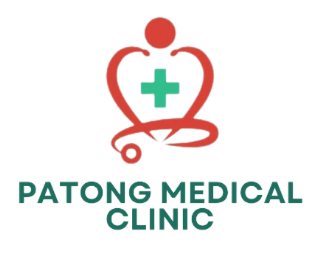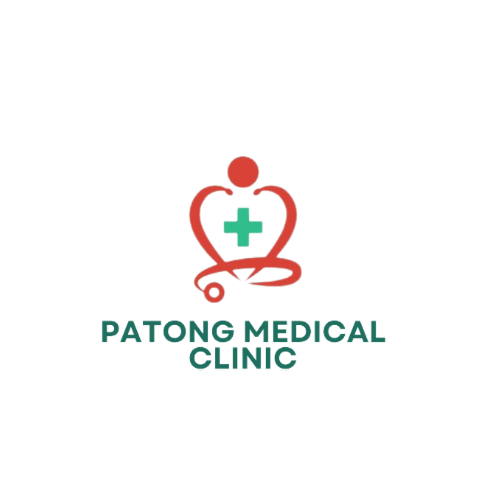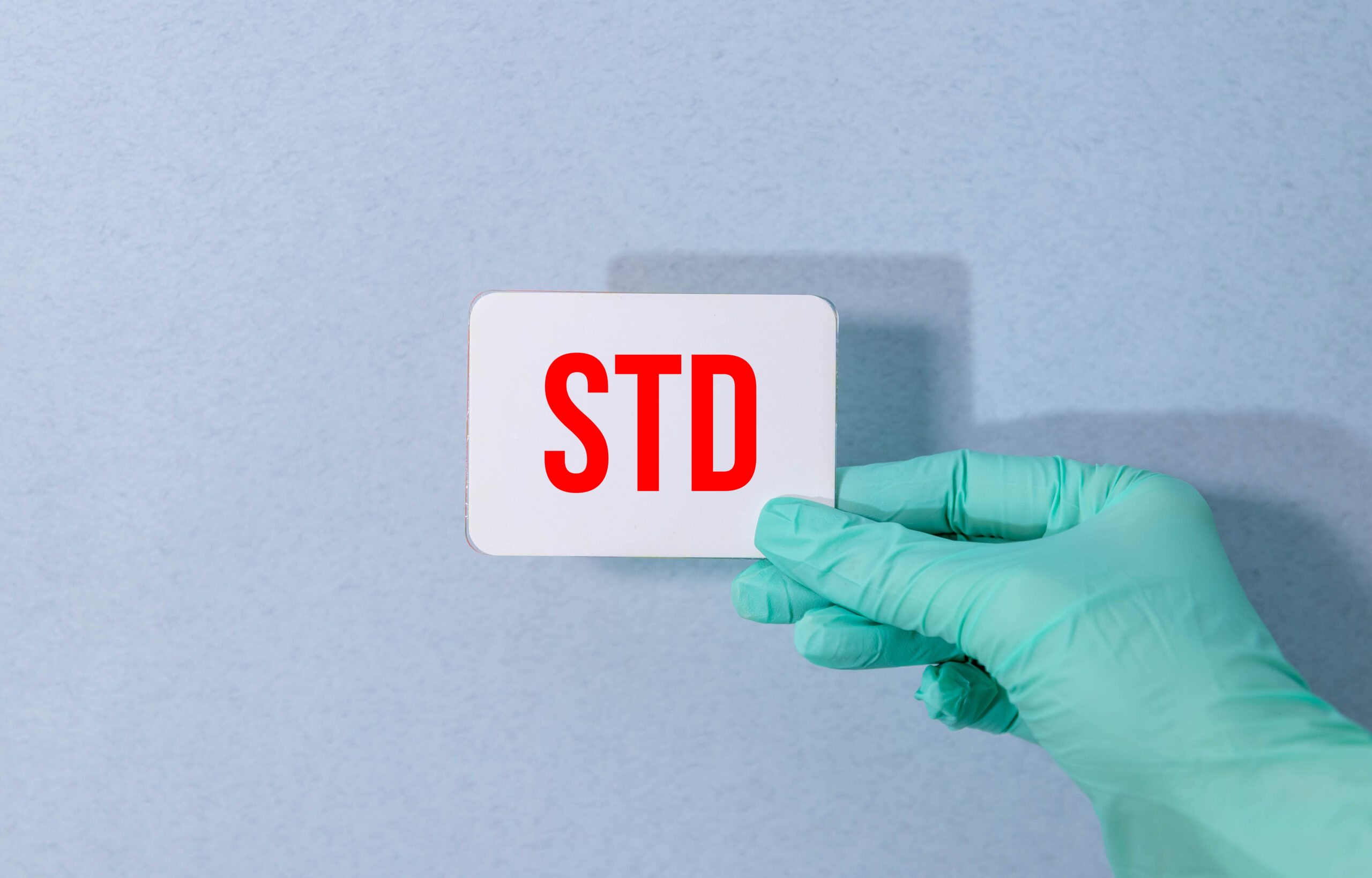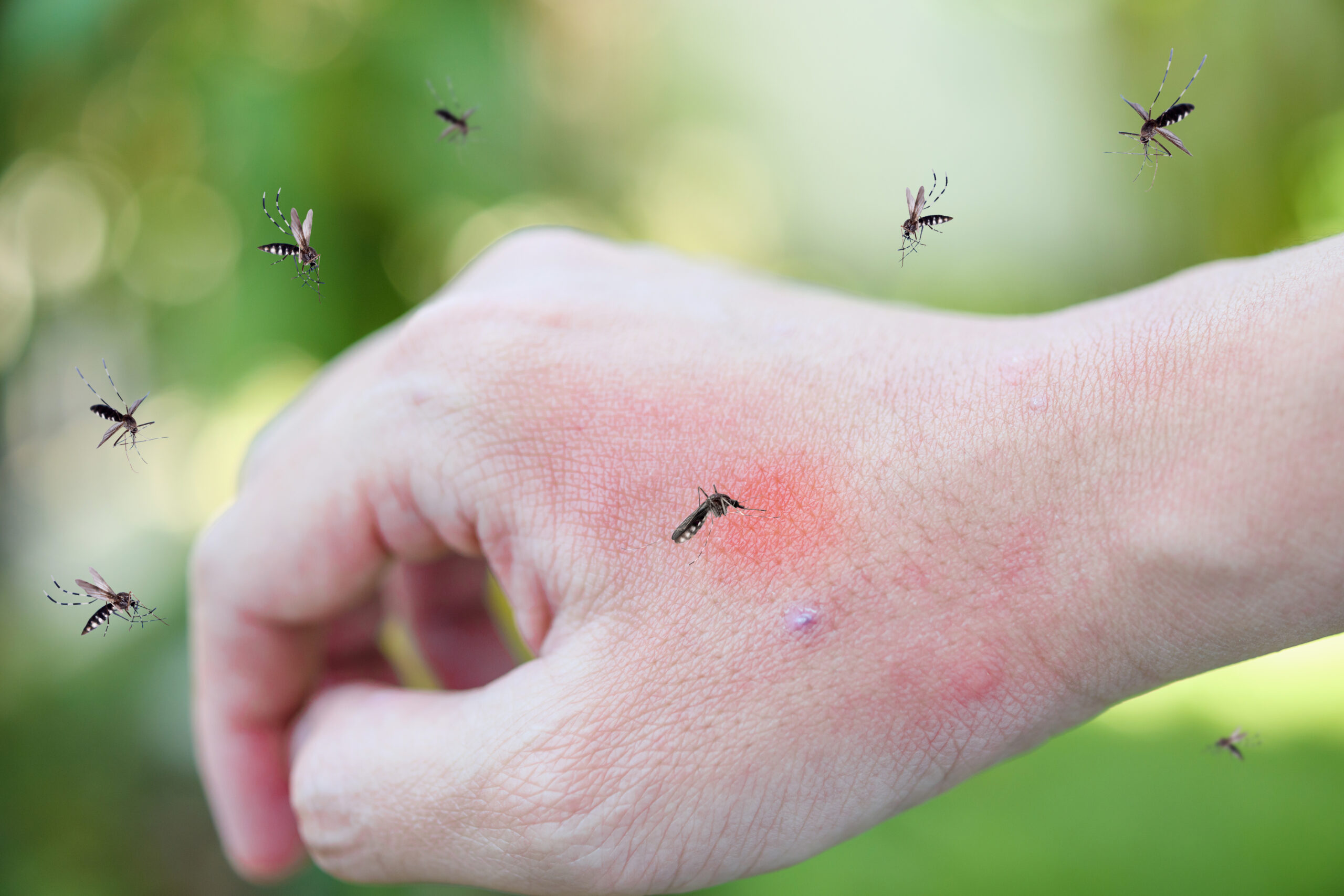Traveler Diarrhea: Causes, Prevention, and Treatment
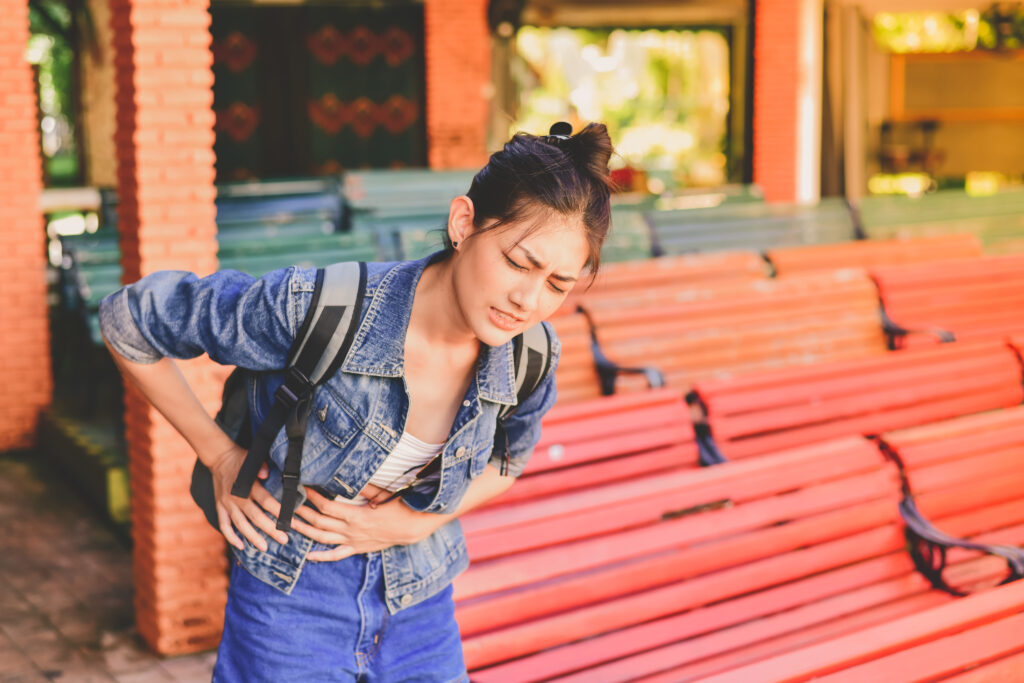
Traveler’s diarrhea (TD) is a common gastrointestinal condition that affects people traveling to regions with different sanitation and food safety standards. It is usually caused by consuming contaminated food or water, leading to digestive issues such as frequent loose stools, stomach cramps, and dehydration. While it is usually not serious, it can be uncomfortable and disrupt travel plans.
Causes of Traveler’s Diarrhea
The primary cause of traveler’s diarrhea is ingesting food or water contaminated with bacteria, viruses, or parasites. The most common culprits include:
• Bacteria: Escherichia coli (E. coli), Salmonella, Shigella, and Campylobacter.
• Viruses: Norovirus, Rotavirus, and Hepatitis A.
• Parasites: Giardia lamblia, Entamoeba histolytica, and Cryptosporidium.
These pathogens are often present in undercooked food, raw vegetables, unpasteurized dairy products, and untreated water sources.
Symptoms of Traveler’s Diarrhea
Symptoms typically appear within 1–3 days after consuming contaminated food or water. Common symptoms include:
• Frequent loose or watery stools
• Abdominal cramps or pain
• Nausea and vomiting
• Fever
• Dehydration (dry mouth, dizziness, reduced urination)
Most cases resolve within a few days, but persistent symptoms may require medical attention.
How to Prevent Traveler’s Diarrhea
While traveler’s diarrhea is common, there are ways to minimize the risk:
- Be Careful with Food Choices
• Eat freshly cooked and hot food.
• Avoid raw or undercooked meat, seafood, and eggs.
• Peel fruits yourself rather than eating pre-cut fruits.
• Avoid unpasteurized dairy products. - Drink Safe Water
• Drink bottled or purified water.
• Avoid ice cubes unless made from safe water.
• Use bottled or boiled water for brushing teeth. - Practice Good Hygiene
• Wash hands frequently with soap and water.
• Use alcohol-based hand sanitizer if soap is unavailable.
• Avoid touching your face with unwashed hands. - Consider Preventive Medication
• Some travelers take bismuth subsalicylate (e.g., Pepto-Bismol) as a preventive measure.
• Probiotics may help maintain gut health.
• In high-risk areas, a doctor may prescribe antibiotics as a precaution.
Treatment for Traveler’s Diarrhea
Most cases of traveler’s diarrhea resolve on their own, but treatment can help ease symptoms:
- Stay Hydrated
• Drink plenty of fluids, including oral rehydration solutions (ORS) to replace lost electrolytes.
• Avoid caffeine and alcohol, which can worsen dehydration. - Dietary Adjustments
• Follow a BRAT diet (Bananas, Rice, Applesauce, Toast) to ease digestion.
• Avoid dairy, greasy foods, and high-fiber foods until recovery. - Medication
• Over-the-counter anti-diarrheal drugs (e.g., loperamide) can help slow down bowel movements but should not be used if fever or bloody diarrhea is present.
• Antibiotics may be prescribed in severe cases, especially if caused by bacteria.
When to Seek Medical Attention
Consult a doctor if you experience:
• Severe dehydration (dizziness, confusion, rapid heartbeat)
• Persistent high fever
• Bloody stools or persistent vomiting
• Diarrhea lasting more than a week
Conclusion
Traveler’s diarrhea is a common but manageable condition. By taking precautions with food, water, and hygiene, travelers can significantly reduce their risk. If symptoms occur, proper hydration and simple treatments can help with recovery. With the right approach, traveler’s diarrhea should not ruin your travel experience!
